- PDSFA
Majora Carter: Business Leader and Changemaker
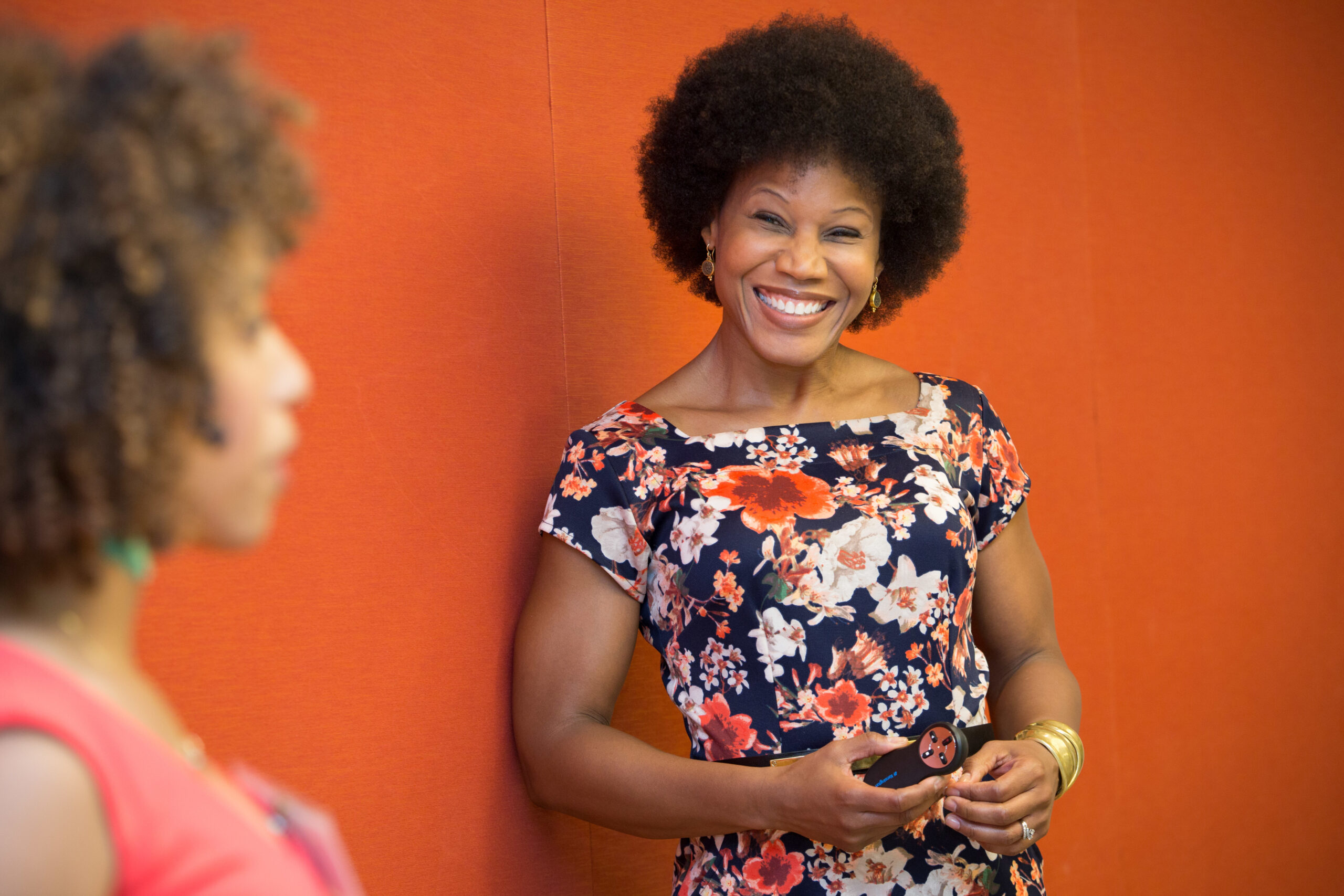
Majora Carter was hosted by The Paul & Daisy Soros Fellows Association (PDSFA) for an evening of conversation with Fellows on August 26, 2015 at Open Society Foundations in New York City. The PDSFA is the alumni association for all recipients of The Paul & Daisy Soros Fellowships for New Americans, which supports immigrants and children of immigrants who are attending graduate school in the United States. Dena Simmons (2010 Fellow) moderated the conversation.
Growing up in the South Bronx, Majora Carter was taught that her future success would be measured by how far away she could get away from home. So, when she found herself back in her parents’ house as she was beginning graduate school Majora was less than excited about being, physically, right back where she had started.
Luckily, as Majora recently told a group of Paul & Daisy Soros Fellows, “The universe knew exactly what it was doing.”
That year, as a new graduate student, Majora was walking her dog around her childhood neighborhood when her dog’s nose got the best of the outing. Majora quickly found herself in the middle of a dump just a few blocks from where she had grown up.
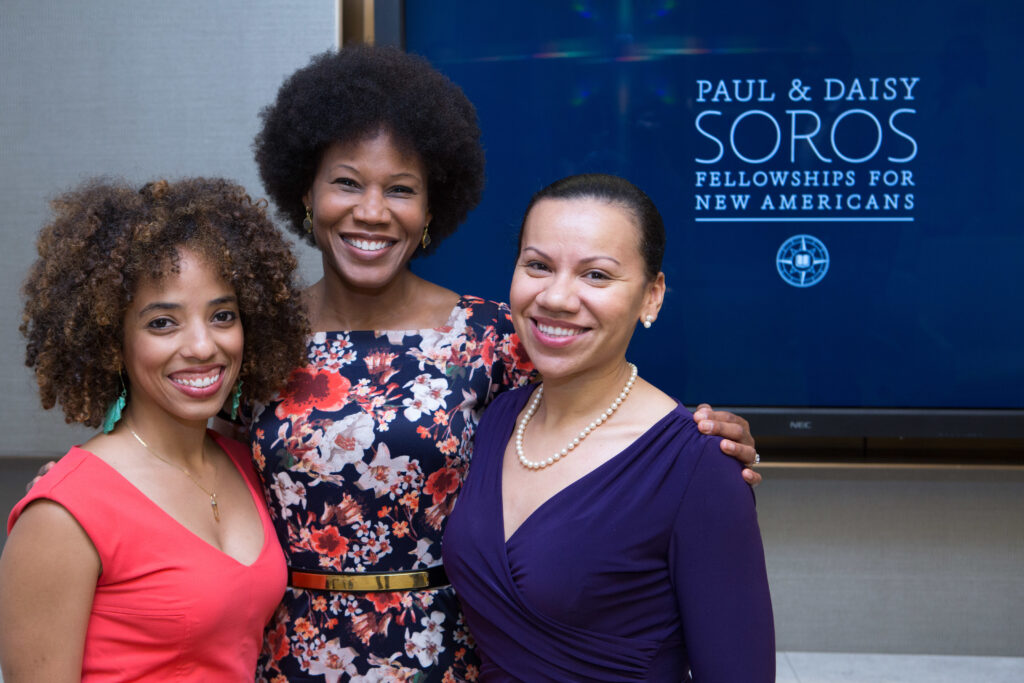
The discovery of a dump did not surprise Majora; she was used to the city’s neglect of her neighborhood. But she was surprised to find the Bronx River on the other side of it. Her whole life she had grown up near a river’s edge and never even known it. Instead of getting fed up by the dump and fighting to have it removed, she decided to take matters into her own hands and start fighting for the community she wanted.
Majora applied for, and won, a seed urban river restoration grant. After two years of hard work, the new green space was opened to the neighborhood; but the neighbors didn’t come.
What was the problem? Majora realized that her neighborhood had never had a green open space of its own before. She needed to figure out how to make the park an attractive place to people who had never had access to one before. She reached out to a range of community groups and began to schedule programming, like concerts and classes, in the new space. And slowly but surely, the neighborhood embraced the space.
“It has become a community jewel that the community knows is its own,” Majora told the Fellows.
The park showed Majora that she could have a future in the Bronx. It was also Majora’s first lesson in the art of iteration and product design. She saw a problem, came up with a strategy, tested it and then iterated until she was successful.
As a MacArthur-winning entrepreneur and community leader, Majora has tested her fair share of ideas, some of which have not worked. The failures have further committed her to the design process, which is now Majora’s bread and butter. Talking to the Fellows, many of whom are working on their own social initiatives, she sounded like a business school professor, explaining, “You have to have a market-based approach at an economic level; otherwise your solution is just a band aid.”
Majora’s newest project, perhaps her most ambitious, Startup Box, is a technology social enterprise that was born out of her market-based approach to problem-solving. Fed up by the rates of bright young unemployed or underemployed adults in the Bronx, and frustrated by the lack of diversity in the tech sector, Majora began exploring the tech market for potential opportunities.
Majora asked herself, “Is there an important skill-building service that can also be a foundation to a career?” She found one: software testing, a fairly straight-forward service that is being done primarily overseas. Following her own advice, she aggressively researched and tested the idea. Majora knew she had a real solution, when she ran a successful pilot that companies and employees were both excited about.
Four months ago, in early 2015, Startup Box opened up a storefront on Hunts Point Ave. with seven employees. A coffee shop is coming soon. “We are creating an opportunity for the neighborhood to see itself differently,” Majora told Fellows.
Dena Simmons explained, “As a Bronxite, Majora’s work in our hometown–and beyond–has always inspired me. I am sure she will continue to inspire me, us, with her social initiatives grounded in the hope of making home a place where everyone could feel proud, especially those in marginalized neighborhoods like the ones where Majora and I hail.”
In response to one Fellow who asked Majora “What motivates you?” Majora explained, “I have many moments where I get to walk by the Startup Bronx space and imagine it all over the country. The idea is going to grow and live beyond me—that makes me really, really proud.” ∎
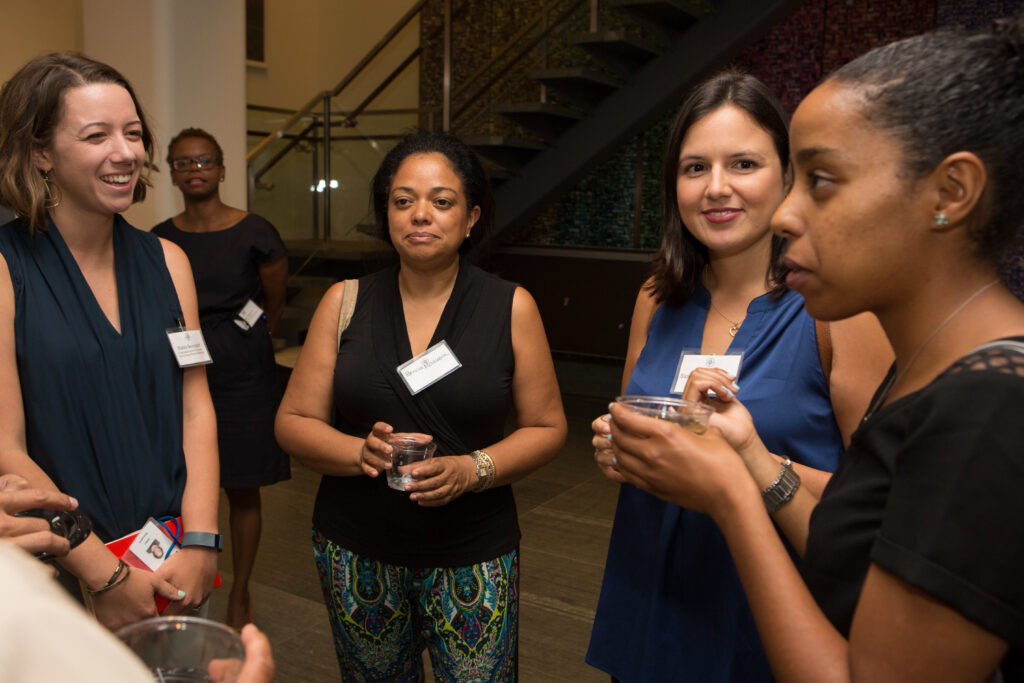
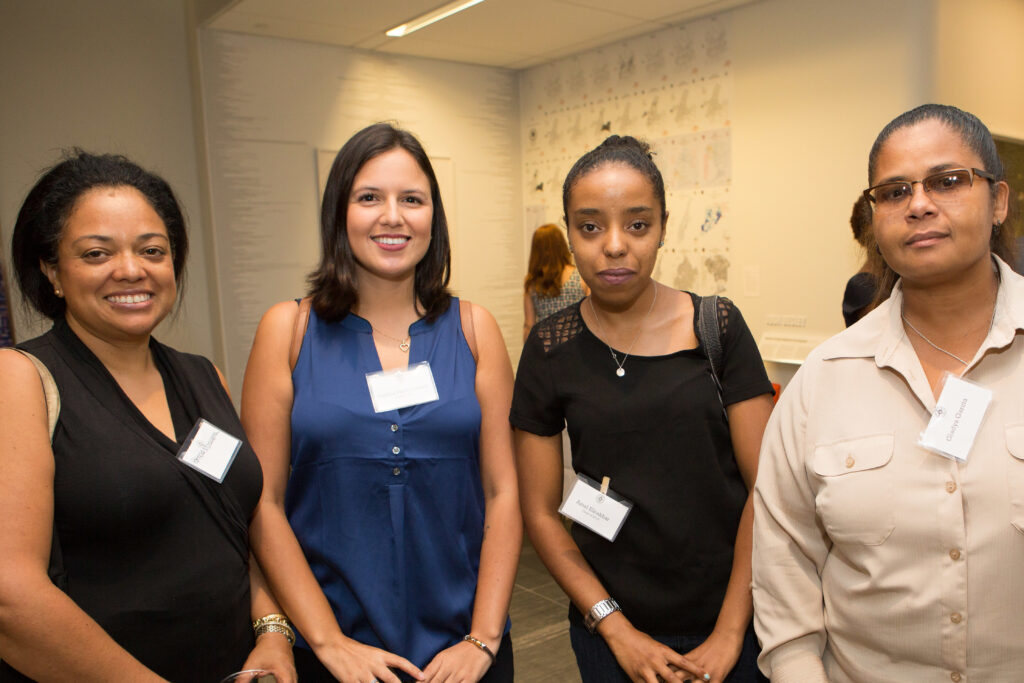
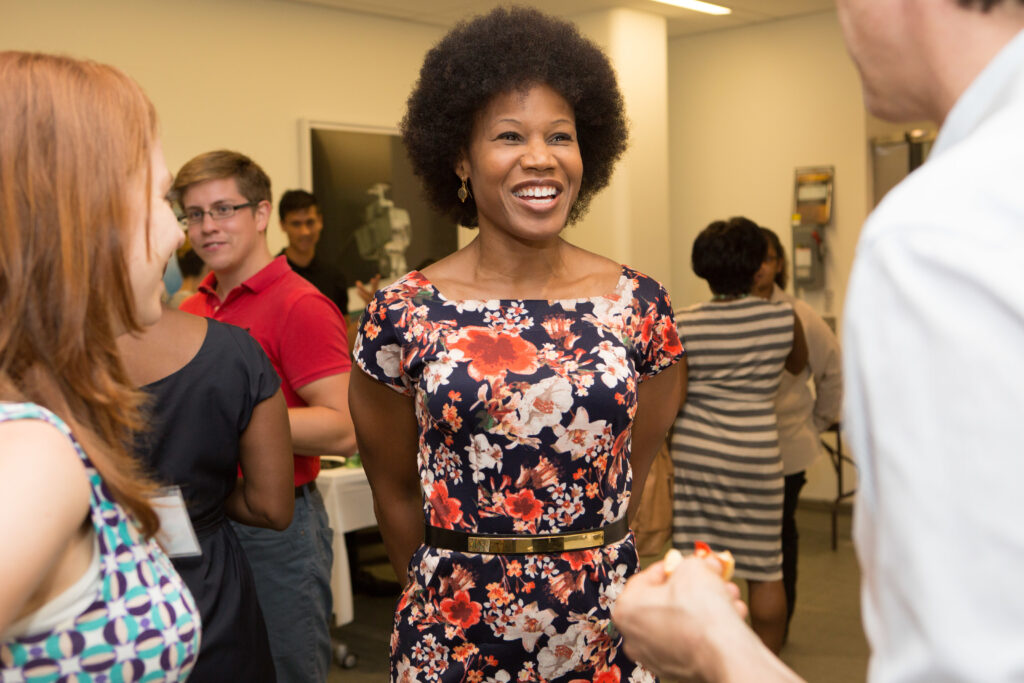
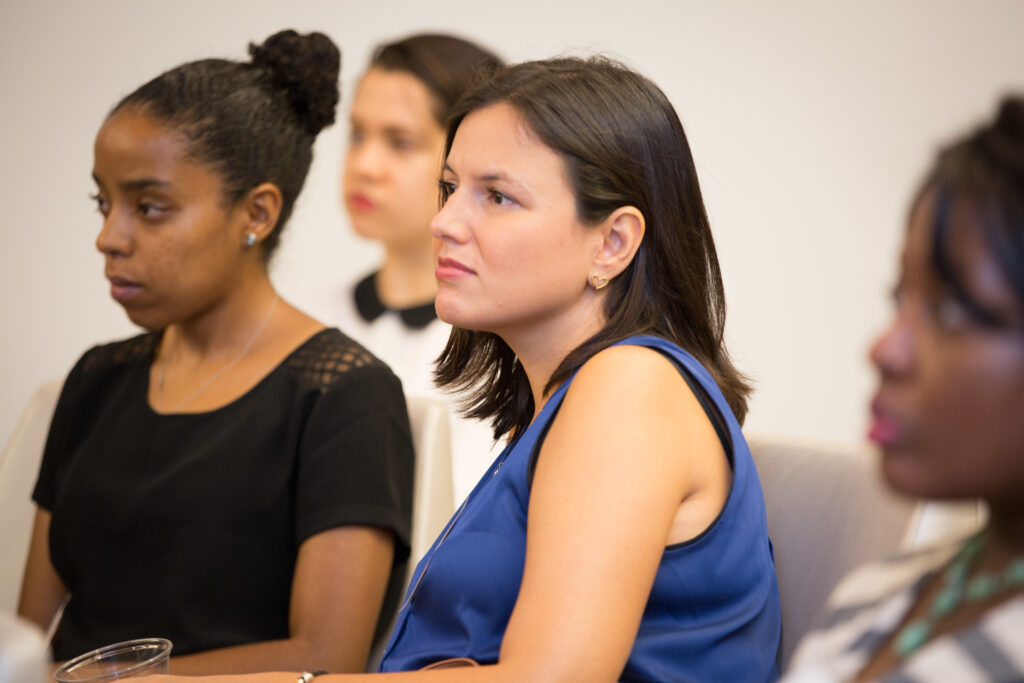
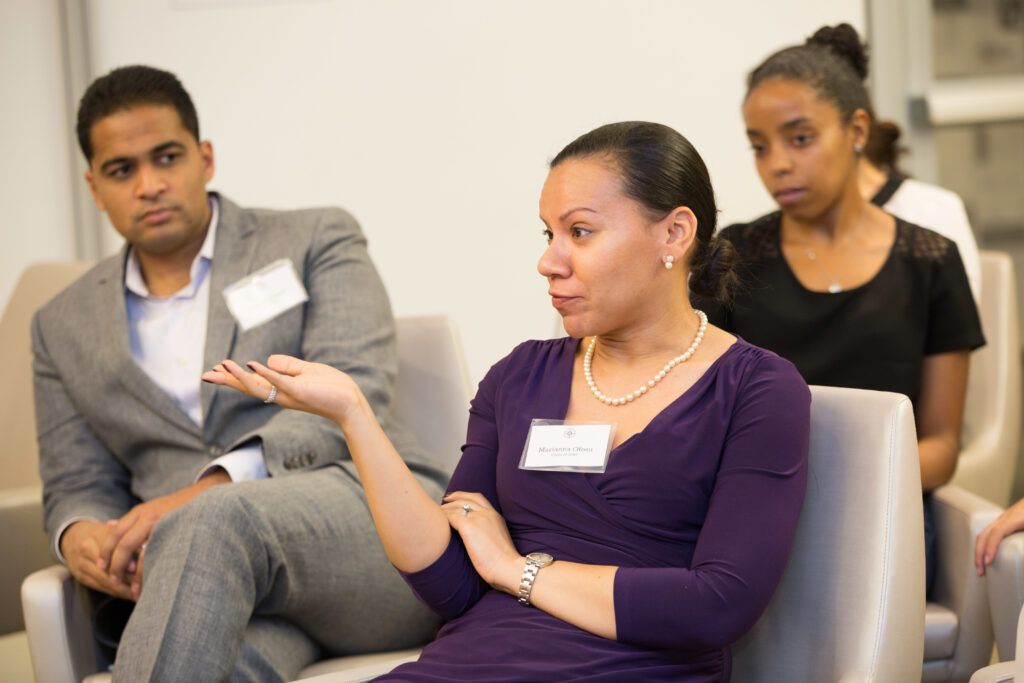
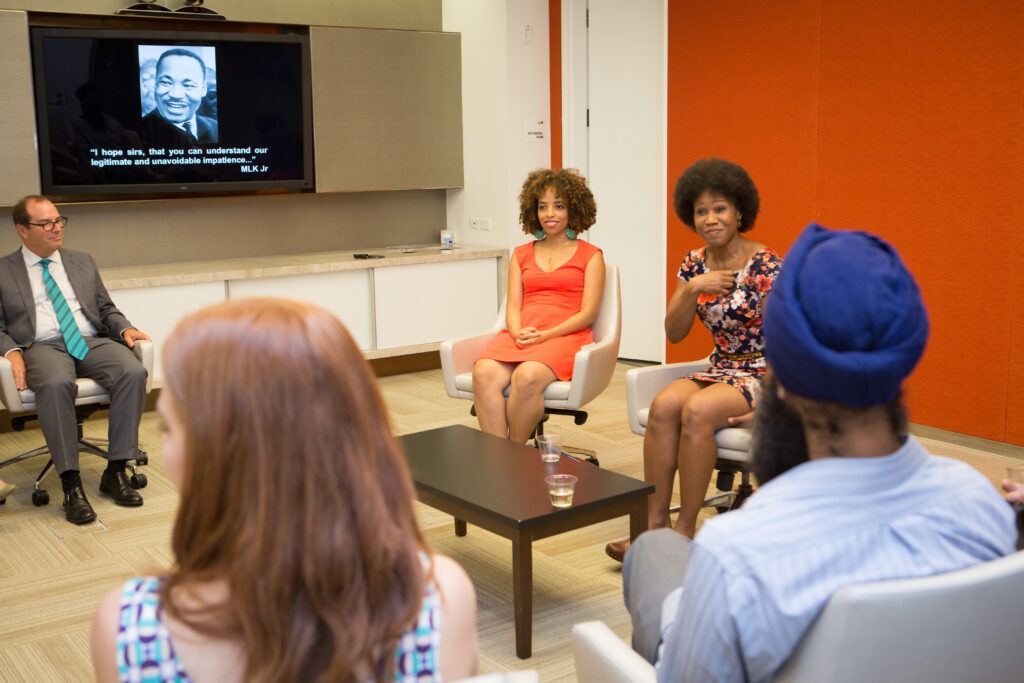
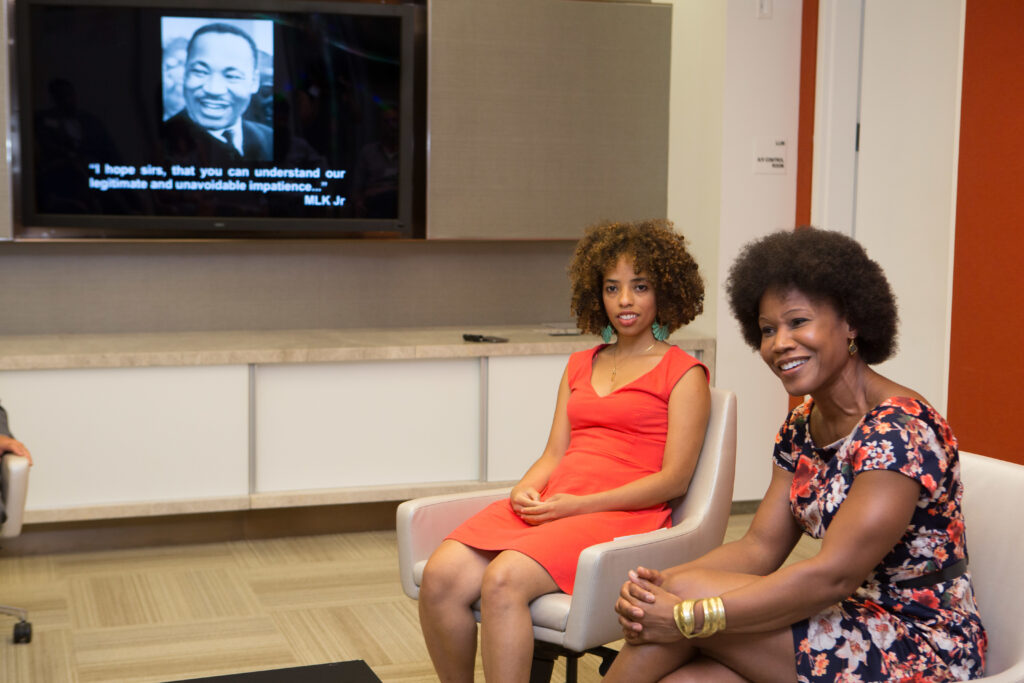
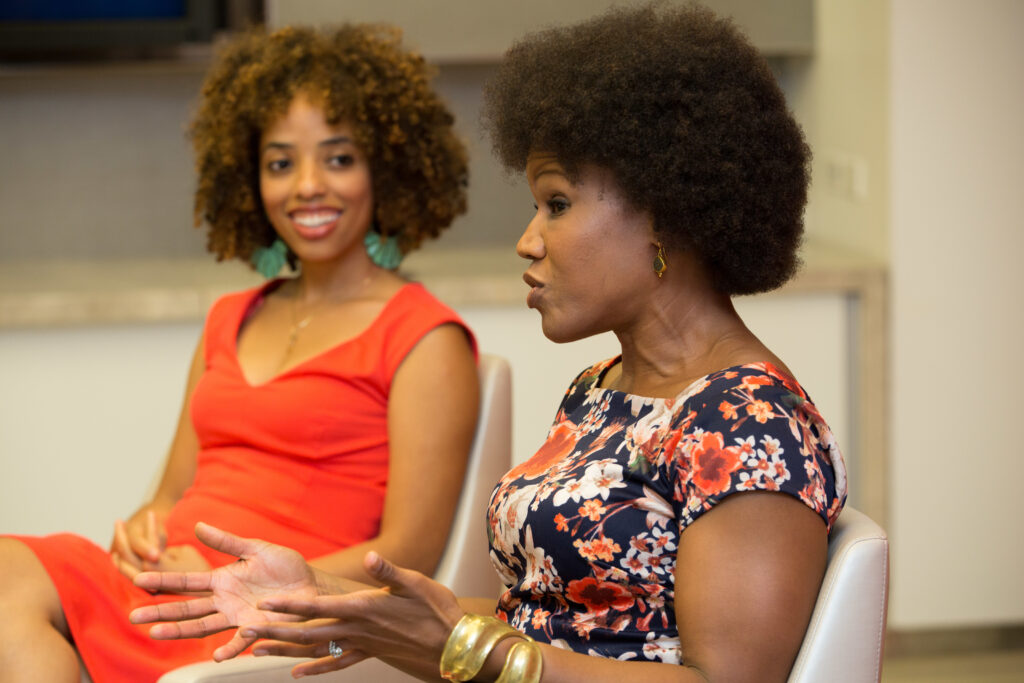
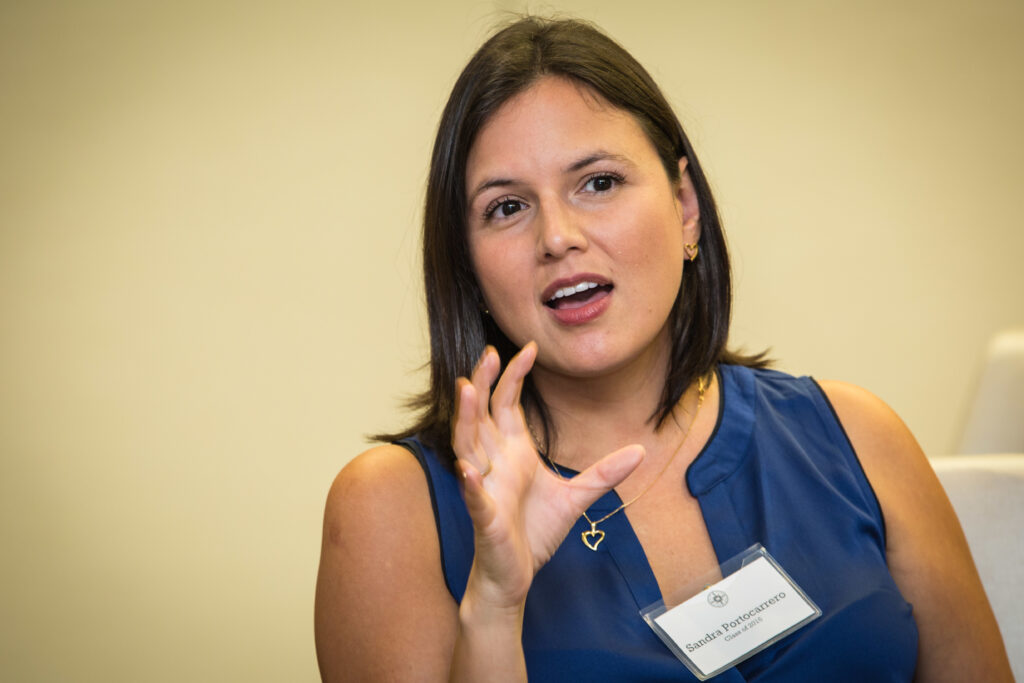
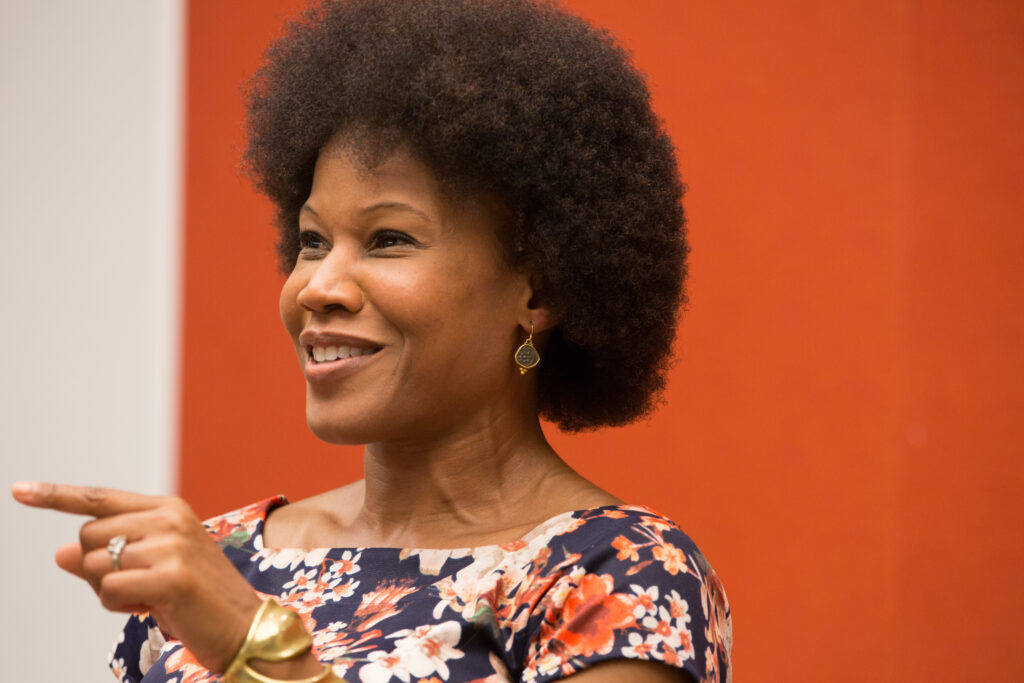
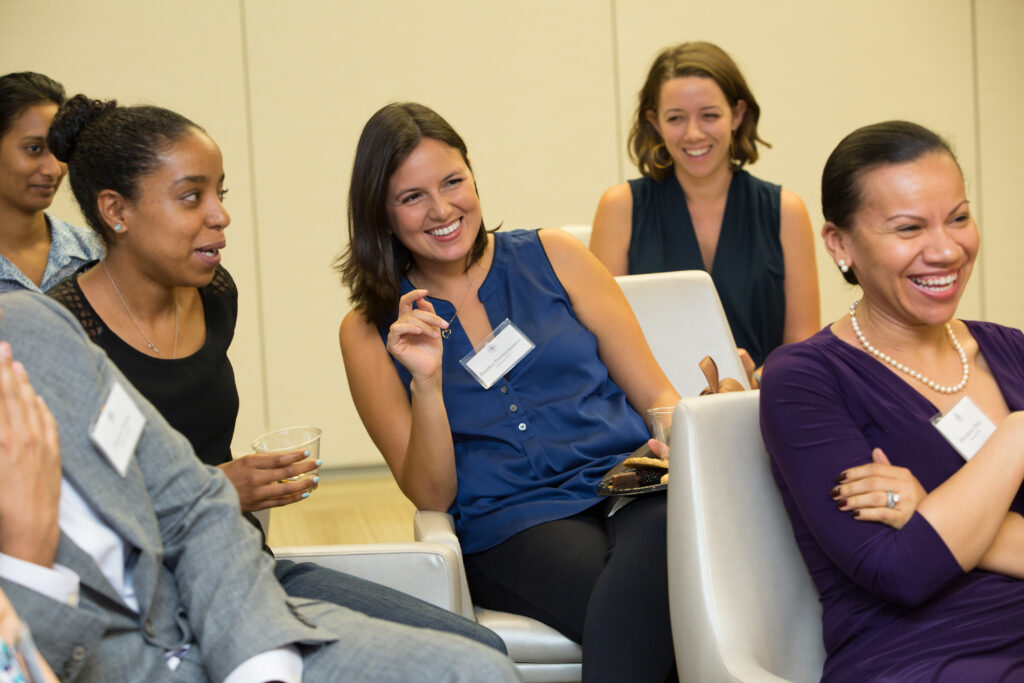
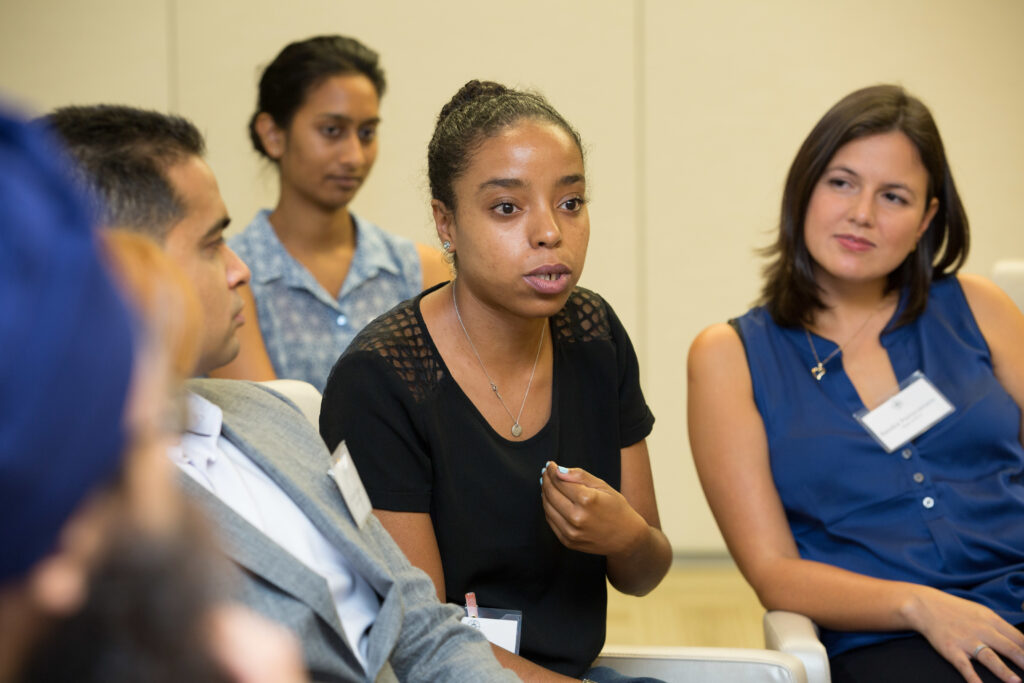
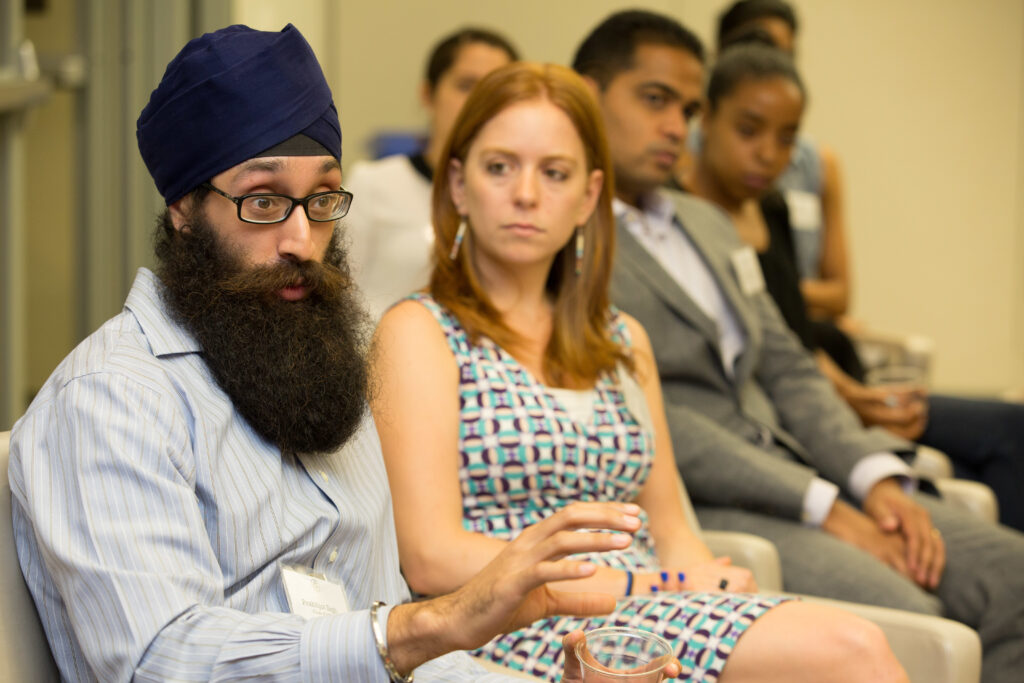
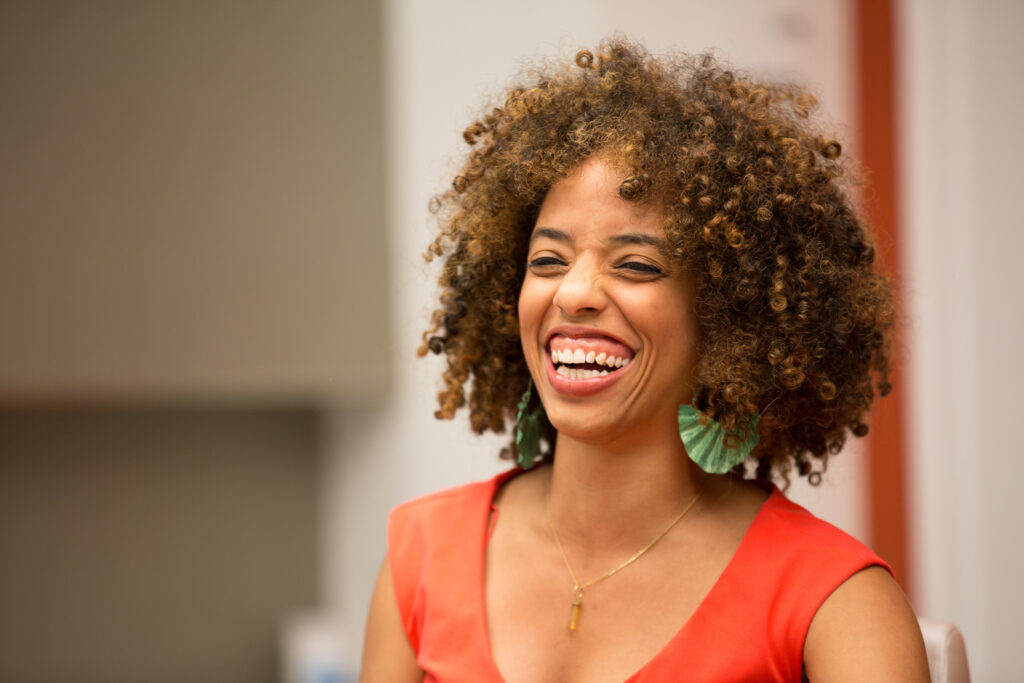
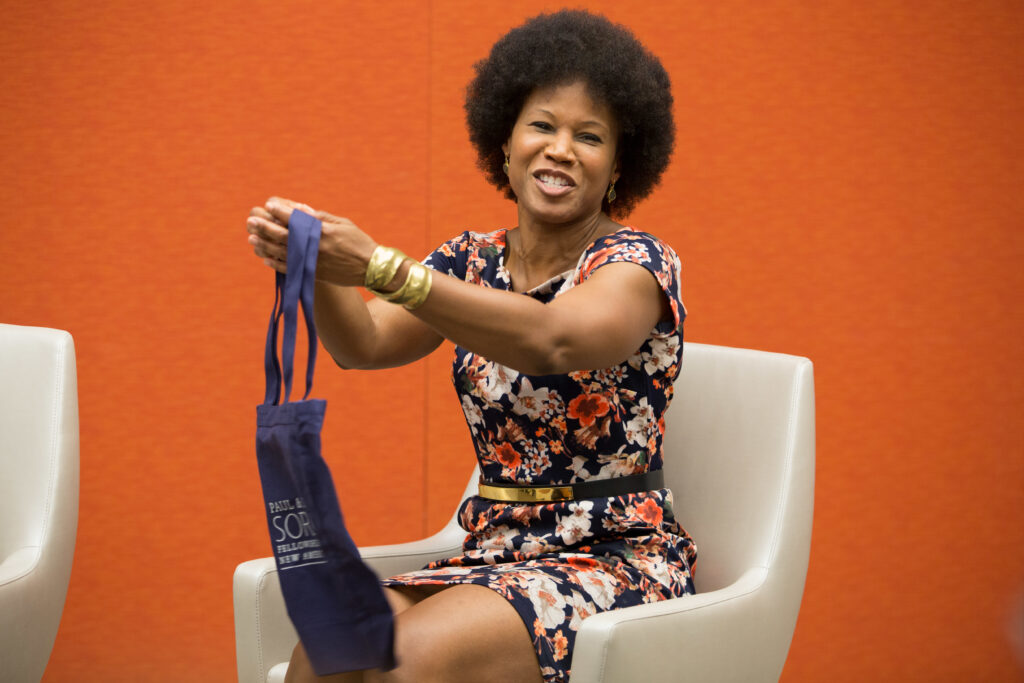
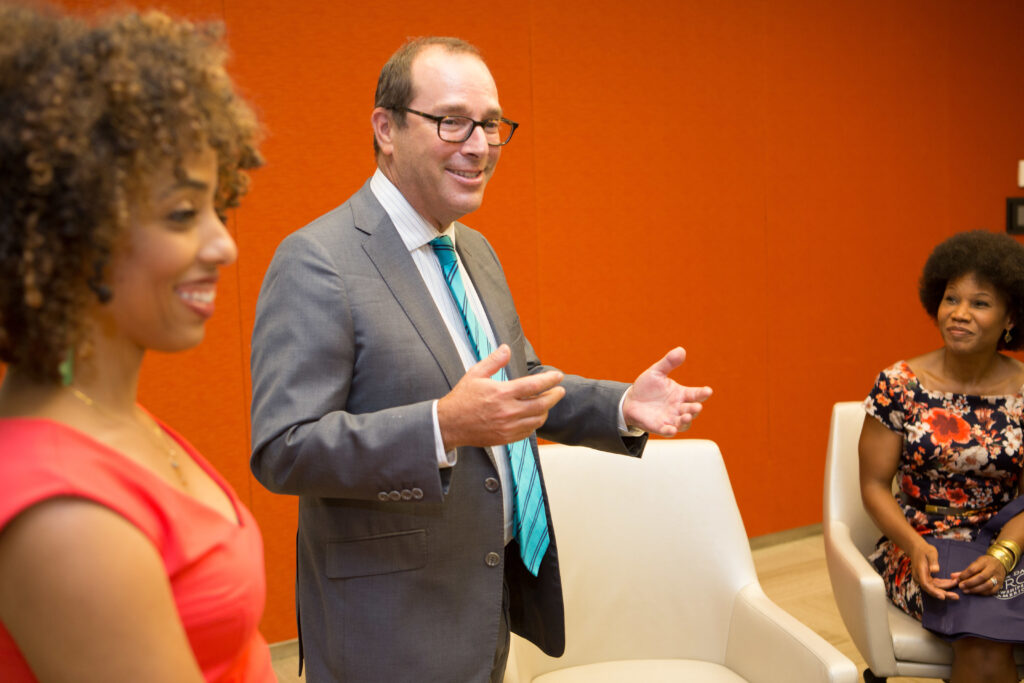
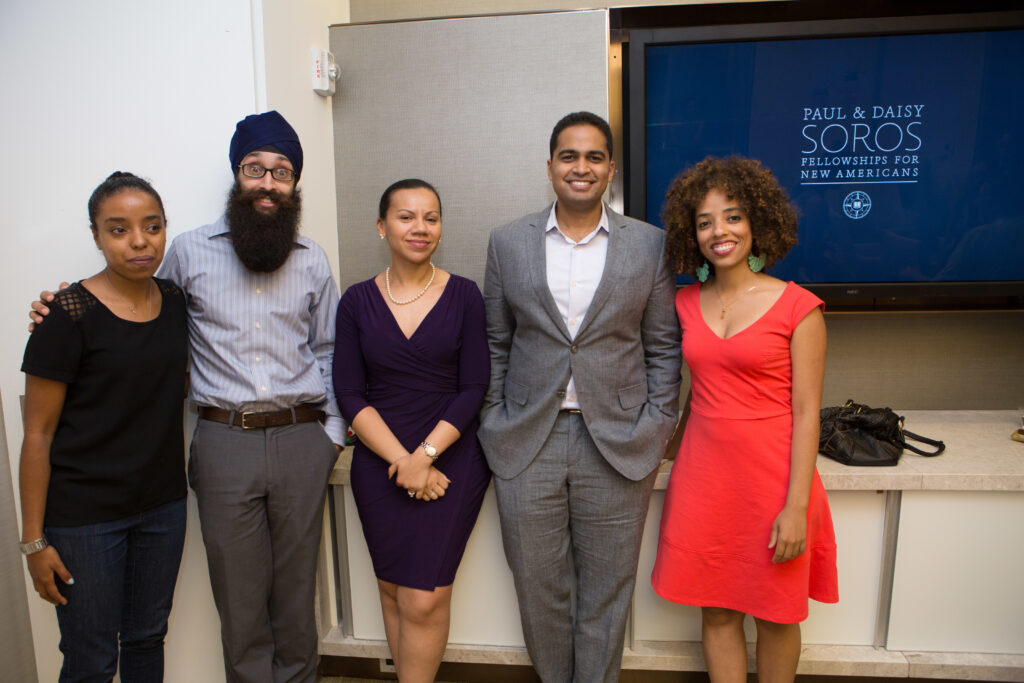
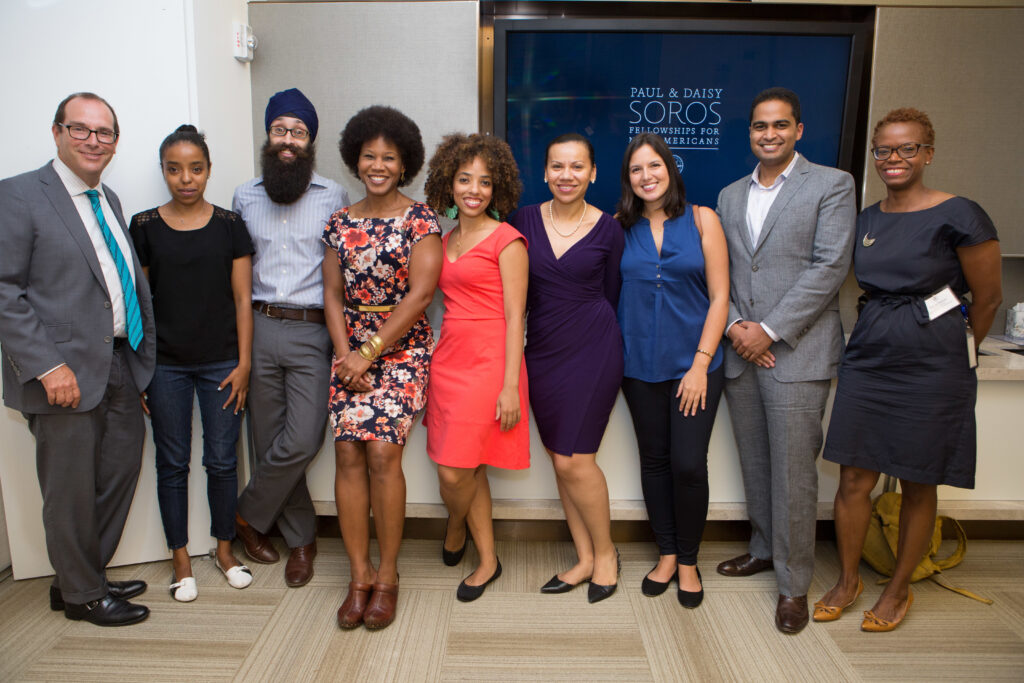
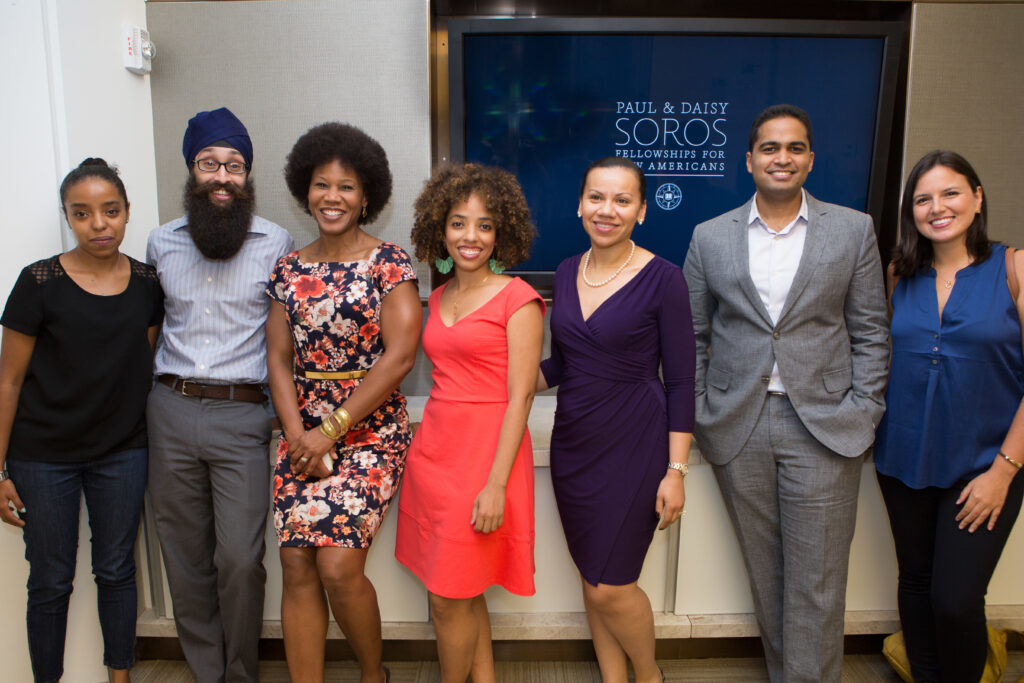
Keep Exploring
-
 Read more: The Public Voices Fellowship of PD Soros, in partnership with the Oped Project: Year Four
Read more: The Public Voices Fellowship of PD Soros, in partnership with the Oped Project: Year FourThe Public Voices Fellowship of PD Soros, in partnership with the Oped Project: Year Four
-
Read more: NOT ON MY RESUME: Ming Hsu Chen
- Fellow Highlights
- Fellows in Action
NOT ON MY RESUME: Ming Hsu Chen
-
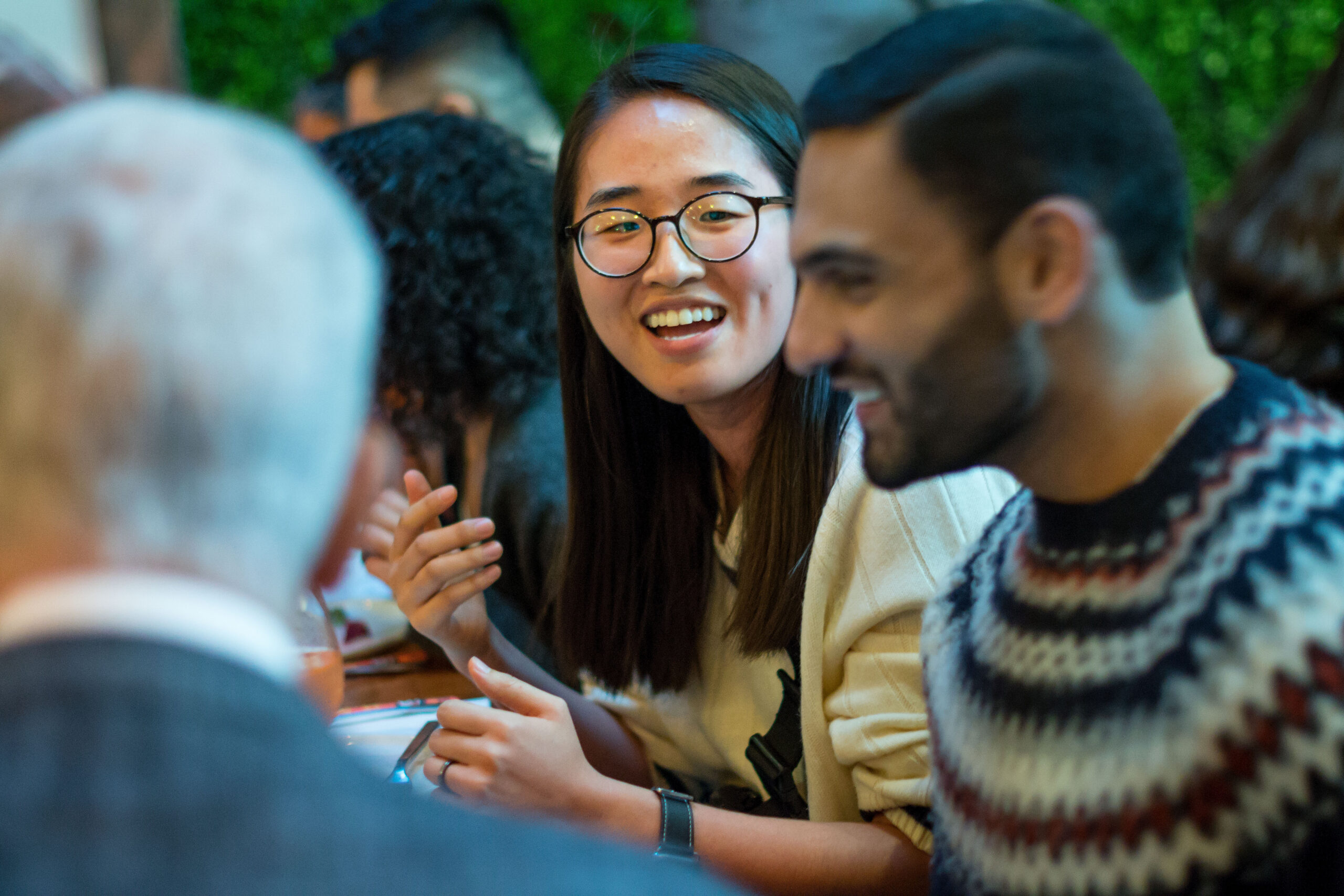 Read more: Kathy Ku Steps into Leadership as PDSFA Chair
Read more: Kathy Ku Steps into Leadership as PDSFA Chair- Board of Directors
- Fellowship News
Kathy Ku Steps into Leadership as PDSFA Chair
-
 Read more: Q&A with MD/PhD Student Silvia Huerta Lopez
Read more: Q&A with MD/PhD Student Silvia Huerta LopezQ&A with MD/PhD Student Silvia Huerta Lopez
